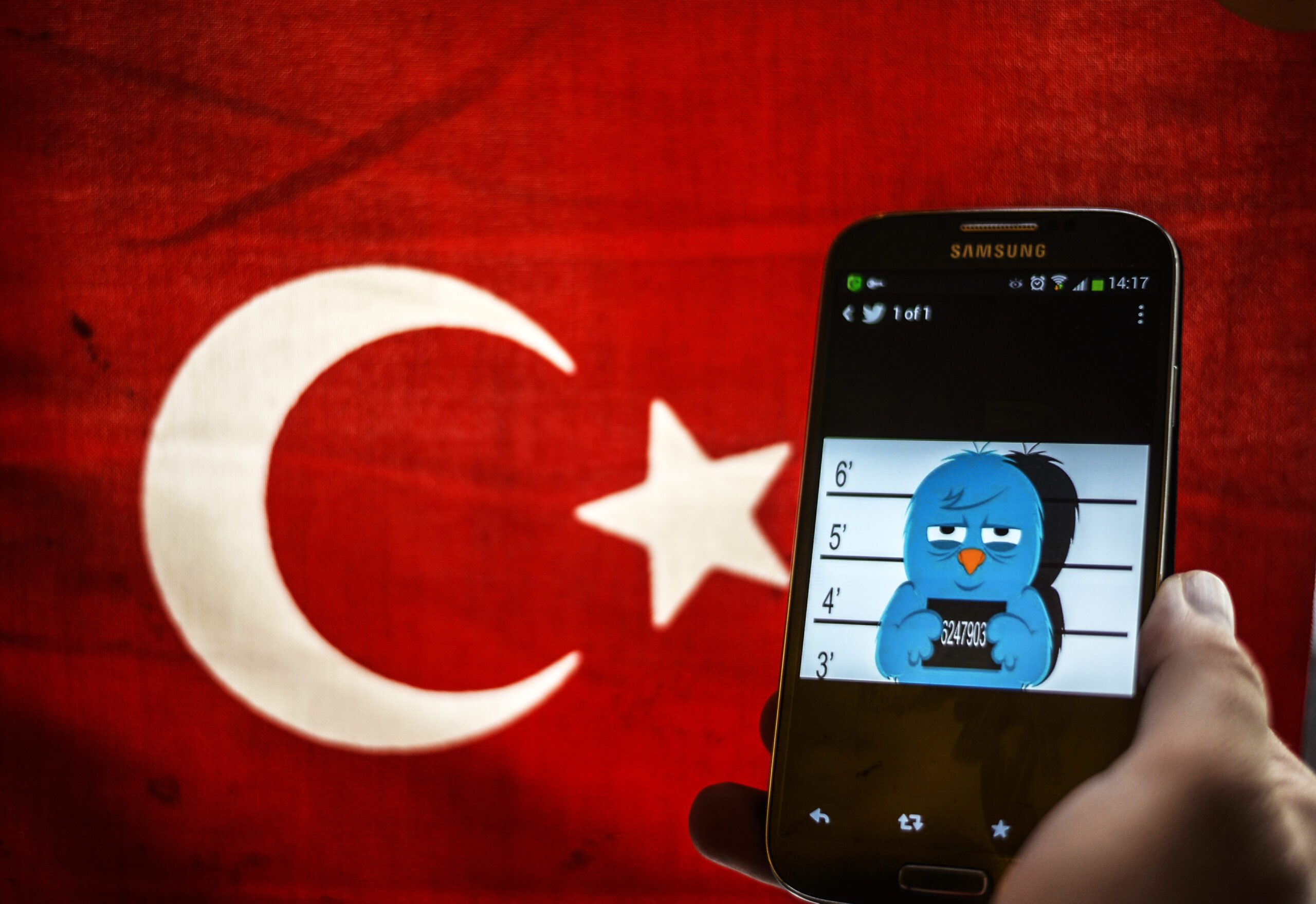Turkey leads the world in Twitter censorship according to transparency report data for the years 2012 to 2020, submitting the largest number of takedown requests and court orders.
Court orders and other legal demands combined, the country sent 45,776 requests to Twitter. Japan followed Turkey with 38,941 and Russia with 30,436.
Twitter received 6,513 court orders and 39,263 non-court order requests from Turkey, which was at the top of the list in both categories. The country also sent 347 information requests to Twitter, which did not comply with any of them.
Turkey specified 99,840 accounts for closure/action under court orders and other legal demands, leading the world in the number of accounts identified for legal action.
In terms of accounts withheld by Twitter, Turkey again had the highest number globally with 2,501 withheld accounts, followed by Russia with 340 and India with 238. On Turkey’s request, Twitter withheld 12,135 tweets, nearly half the total number of tweets withheld by the company.
According to Twitter data, Turkey was responsible for 142 of 333 legal demands against verified accounts of journalists and news outlets from around the world.
Ankara, on top of its censorship efforts, also tries to disseminate state propaganda using Twitter, according to an announcement by the company in June 2020. Twitter said it had removed more than 180,000 accounts tied to influence operations that spread messages favorable to the Chinese, Russian and Turkish governments.
Turkey has accused Twitter of protecting “terrorists” following the social media platform’s move to close thousands of accounts.
Twitter took down 7,340 accounts primarily targeted at domestic audiences within Turkey, disclosing all their posts and profiles to the archive.
“The collection of fake and compromised accounts was being used to amplify political narratives favorable to the AK Party (Justice and Development Party), and demonstrated strong support for President Recep Tayyip Erdogan,” the company statement said.
According to rights watchdogs, critical expression is routinely censored in Turkey, and far-reaching executive influence over the courts means that the judiciary rarely protects free speech. Authorities in the country make an enormous number of take-down and content removal requests in violation of freedom of expression and information.
According to research carried out by the Freedom of Expression Association’s (İFÖD) EngelliWeb initiative, by the end of 2019 Turkey had blocked access to 408,494 websites, 130,000 URLs, 10,000 YouTube videos and 6,200 pieces of Facebook content.



